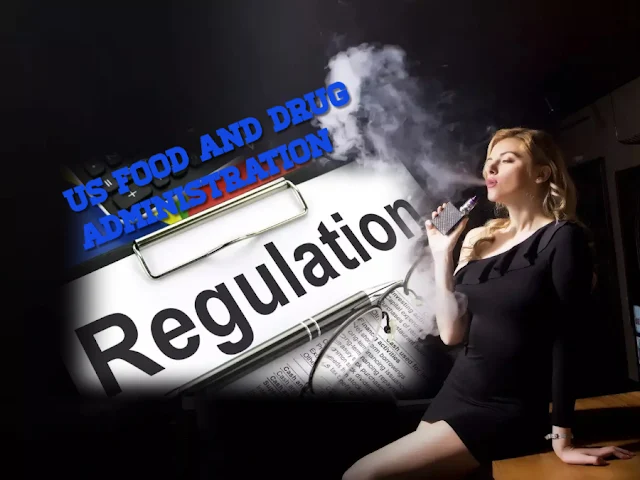 |
| FDA bans menthol and mixed berry Vuse Alto vape products |
In a significant regulatory twist, the US Food and Drug Administration (FDA) has turned its gaze towards British American Tobacco's (BAT) flagship product, Vuse Alto. The particular bone of contention? The enchanting flavors of menthol and mixed berry, which the FDA argues are unduly attractive to a younger audience, while failing to convincingly demonstrate advantages for adult smokers that outweigh potential risks.
This FDA move forms a pivotal
part of a comprehensive initiative to wrestle control over the escalating usage
of e-cigarettes among the youth. Disturbing statistics reveal a marked surge in
e-cigarette consumption among younger demographics, with the captivating allure
of menthol and mixed berry flavors playing a leading role in this concerning
trend.
Dr. Robert M. Califf, the FDA
Commissioner, encapsulated the regulatory standpoint succinctly, stating,
"We're taking these actions today because these flavored products are very
popular with kids, and we know that kids are more likely to become addicted to
nicotine when they start with flavored products."
FDA's concerns stretch further. A
thorough review indicated that menthol-flavored e-cigarettes could
inadvertently thwart smokers' efforts to break free from traditional
cigarettes. This concern intensifies when one considers the continued
popularity of menthol cigarettes among young and African American smokers,
posing a formidable obstacle to their transition to nicotine-free alternatives.
In response to the FDA's rigorous
stance, BAT has risen to the occasion, ready to embark on a legal battle. The
company staunchly upholds the assertion that their menthol and mixed
berry-flavored e-cigarettes are explicitly geared towards adults and are
pivotal in aiding their journey away from conventional smoking.
The implications of the FDA's
stance are far-reaching. Menthol and mixed berry flavors have long reigned
supreme as the preferences of choice among adult vapers. Nevertheless, with the
FDA's intervention, the vaping landscape stands at a crossroads, poised to
witness a noticeable contraction in the sale of vape products, potentially
steering consumers toward alternative tobacco-related avenues.
The FDA's stance has stirred
passionate debates within the public health community. While some experts
applaud the FDA's commitment to shielding young individuals from the potential
perils of e-cigarettes, others express reservations, fearing inadvertent
consequences for adults striving to relinquish traditional smoking.
The long-term ramifications of the
FDA's decision remain uncertain. Nevertheless, one aspect remains irrefutable:
this decision is set to have a profound impact on the vaping industry and the
broader tobacco sector. The unfolding chapters of this compelling narrative are
eagerly awaited.
